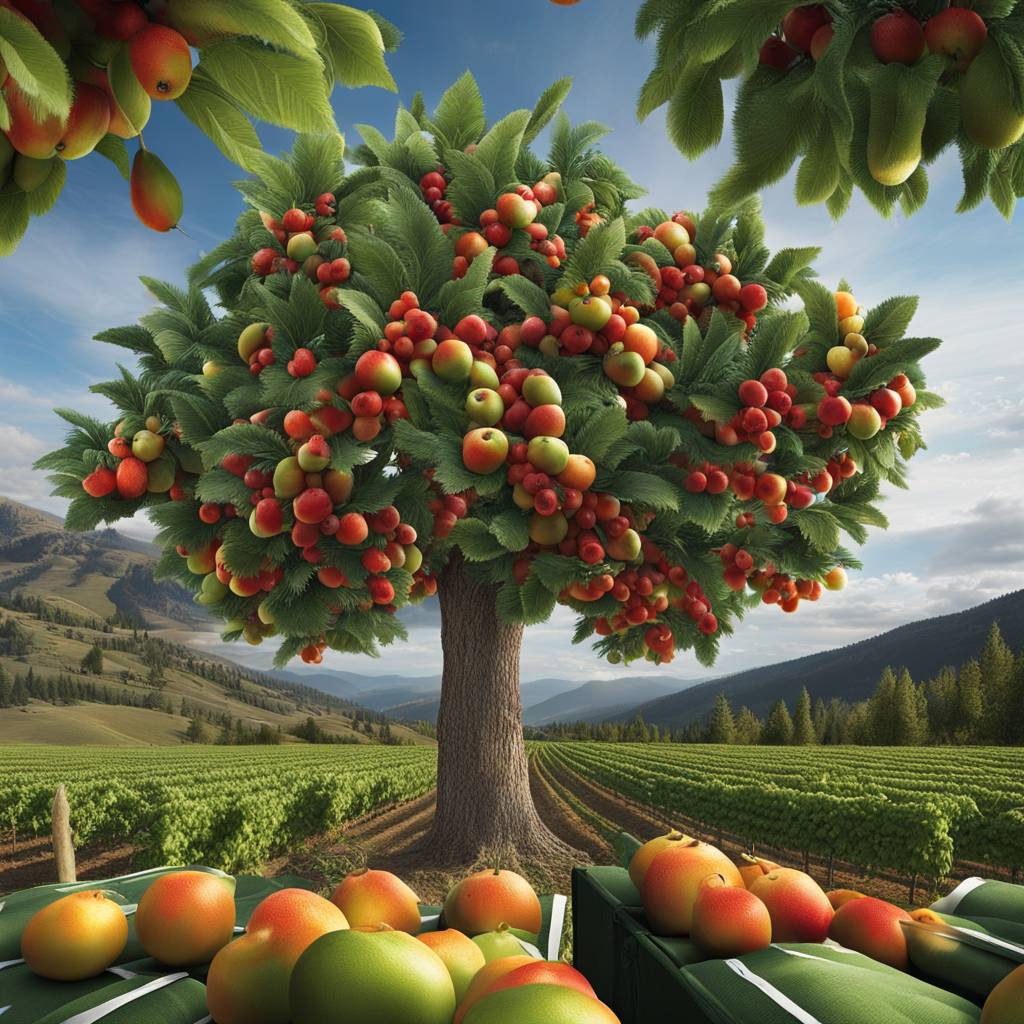The Tree of Heaven, Siberian Elm, and Russian Olive trees are being considered for addition to the list of invasive species in the Central Okanagan region. These trees, originally from Eurasia, spread rapidly and release toxic chemicals into the soil to deter other plant species. They can reproduce easily by seed and division, and can grow in a wide range of environmental conditions. Unlike the other two trees, the Tree of Heaven is the preferred host for the spotted lanternfly, an invasive species that has caused significant damage in several states in the USA.
The spotted lanternfly was found near the Ontario Niagara wine-growing region in April 2023, but has not yet crossed the border into British Columbia. This insect feeds on plant sap and can cause widespread damage by moving between host plants such as grapes, apples, and other stone fruit trees. If the spotted lanternfly were to establish itself in B.C., and the Tree of Heaven is present in important agricultural areas, it could have serious impacts on the grape, fruit tree, and forestry industries in the region. The potential cost of replanting vineyards affected by the insect could be upwards of $45,000 per acre.
Vineyards in Pennsylvania have experienced significant losses of wine grape crops, such as Pinot Noir and Chardonnay, since the spotted lanternfly was first detected in 2014. Insecticide applications in affected areas have increased from four per season to up to 14, leading to higher industry expenditures and potential environmental costs. If the spotted lanternfly were to arrive in Canada, it could pose a serious threat to Ontario’s $4.4 billion wine industry and $4.2 billion fruit and vegetable crops. The addition of the Tree of Heaven, Siberian Elm, and Russian Olive to the list of invasive species in the Central Okanagan region could help prevent the spread of this destructive pest.
The regional district report emphasizes the importance of taking preventative measures to protect the agricultural industry in British Columbia from the potential devastation caused by the spotted lanternfly. By adding the Tree of Heaven, Siberian Elm, and Russian Olive trees to the list of invasive species, landowners can be required to remove these plants from their property or face penalties. This proactive approach could help prevent the establishment of the spotted lanternfly and protect vineyards, fruit trees, and forests from significant damage.
The presence of the Tree of Heaven, Siberian Elm, and Russian Olive trees in the Central Okanagan region poses a serious threat to the agricultural industry due to their invasive nature and potential to host destructive pests like the spotted lanternfly. Taking action to list these trees as invasive species and requiring their removal from properties can help mitigate the risk of the spotted lanternfly establishing itself in B.C. and causing widespread damage to vineyards, fruit trees, and forests. The economic and environmental consequences of an infestation by this invasive species could be significant, highlighting the importance of preventive measures to safeguard the region’s agricultural sector.


